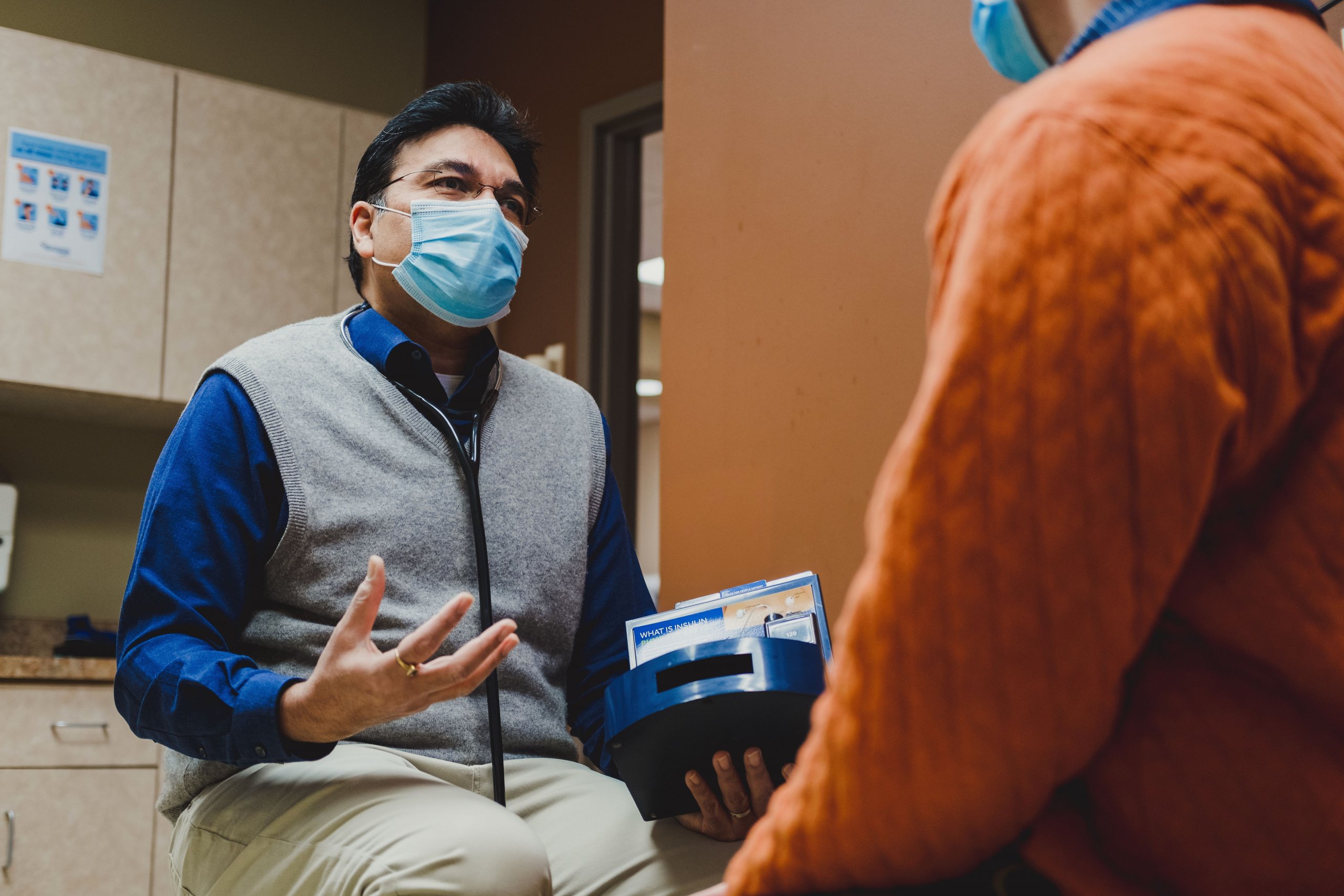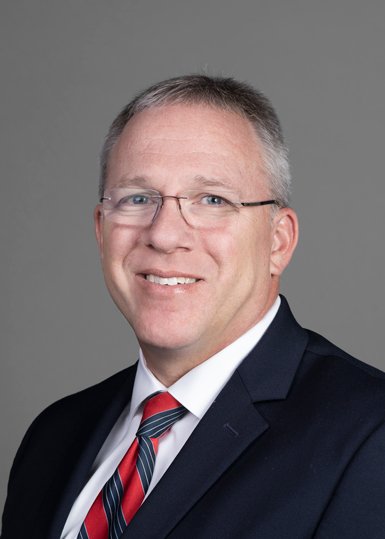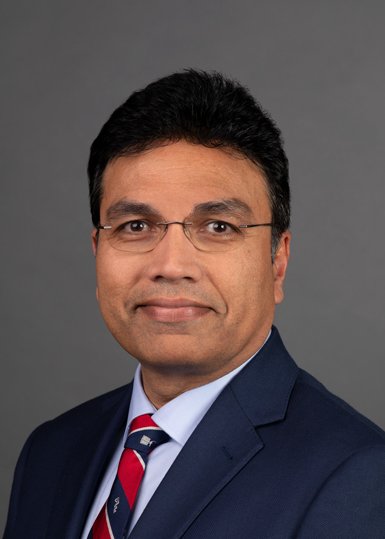Palliative Care at Harbin Clinic
Palliative care is an emerging field of healthcare that aims to provide relief from the symptoms and stress of serious illness. When used in conjunction with ongoing treatment for your illness, palliative care may actually help speed up the process of recovery by relieving symptoms like pain, anxiety, or loss of appetite. It focuses on maintaining the highest possible quality of life for patients while they undergo sometimes difficult medical treatments and procedures such as surgery or cancer.
There are many terms associated with palliative care with which you might not be familiar, so our terms to know page is a great place to familiarize yourself with some of the more common words and phrases. If you just don’t know where to start, check out our frequently asked questions or take this questionnaire to determine if palliative care is right for you or a loved one.
Is palliative care the same as hospice?
Hospice cares for patients with terminal illnesses, whose life expectancies are measured in months, not years. Hospice care treatments seek to promote comfort and alleviation of symptoms during the last stage of a patient’s life. If a patient receives hospice care, they are no longer receiving curative treatment for their underlying disease.
A Team Approach
Palliative care is provided by a specially-trained team of doctors, nurses, and other specialists who work together to provide physical, emotional, and spiritual aid. Massage therapists, pharmacists, nutritionists, chaplains, and others may also be part of this dynamic care team. The palliative care team partners with the patient, family members, and other doctors to provide support every step of the way and help patients understand treatment options.
Improving Quality of Life
Palliative care strives to improve the quality of life of people suffering from serious and chronic illnesses such as cancer, cardiac disease (congestive heart failure), Chronic Obstructive Pulmonary Disease (COPD), kidney failure, Alzheimer’s disease, Parkinson’s disease, Amyotrophic Lateral Sclerosis (ALS), and many others.
Palliative Care Focuses On:
- Treating symptoms such as pain, shortness of breath, fatigue, constipation, nausea, loss of appetite, difficulty sleeping, and depression
- Helping patients gain strength to carry on with daily life and improve their ability to tolerate medical treatments
- Giving patients more control over medical care by improving understanding of choices for treatment
- Guiding patients in making a plan for living well, based on their needs, concerns, and goals for care
- Providing patients and loved ones with emotional and spiritual support and guidance
2 Palliative Care locations
Dr. Hiser and his team are heaven on earth. My mother-in-law was diagnosed with dementia. He is addressing all our issues. She has finally been given the right medication. He immediately had her referred to a home health agency. She now has physical therapy and nurses to help us. We were at at our wits end before. He is a wonderful doctor with a highly skilled team. We love Dr. Hiser.
HarbinCONNECT
Virtual Appointments Available!
Already a Patient?
Make appointments, pay bills, contact providers and more.
Visit Patient Portal

